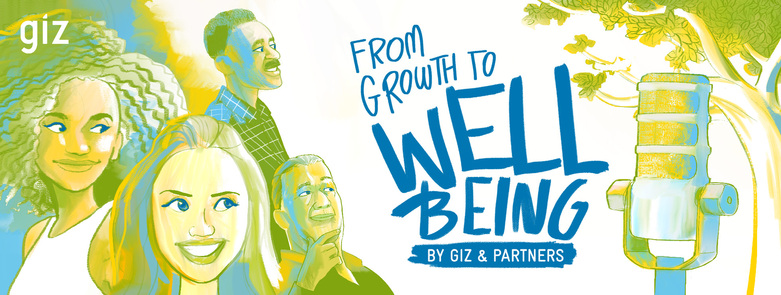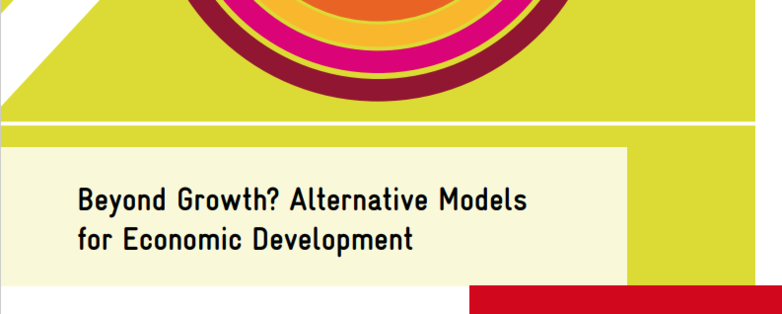From Growth to Wellbeing
The devastating impacts of climate change, rising inequalities within and across countries, increasing fragility and global health emergencies demand a rethinking of socio-economic practices and systems that follow the economic growth paradigm. The world faces profound economic, environmental, and social challenges, as the international community comes to realize that the basic requirements and consumption needs of an ever-growing population cannot be sustainably met by simply maximizing economic output.


